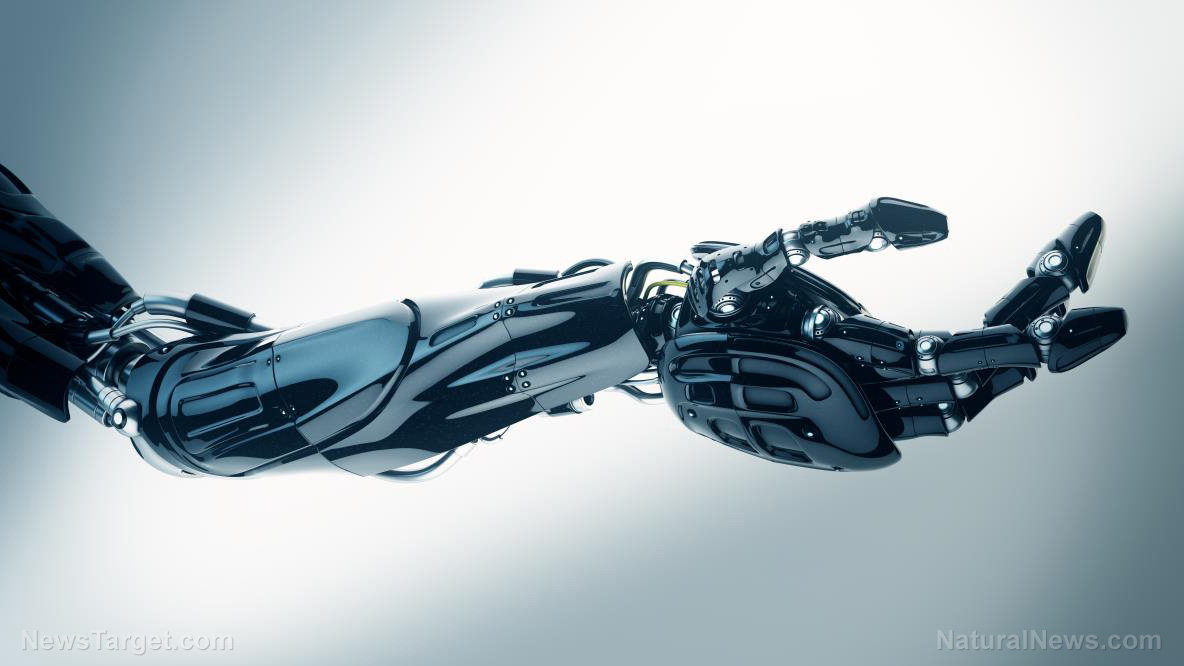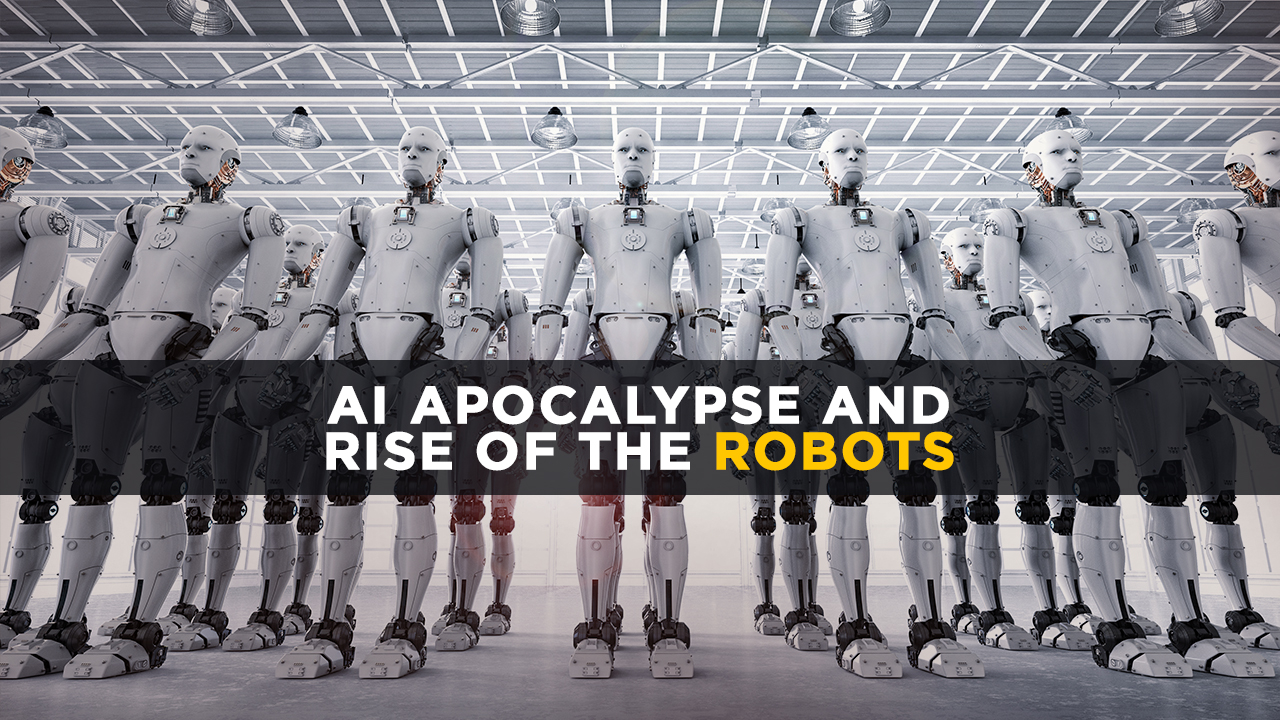People would rather lose their job to a robot than to another person, say researchers – but what happens when ALL the jobs go to robots?
06/09/2020 / By Zoey Sky

No one wants to think about losing a job, especially if you’re supporting a family. But interesting research has revealed what people think about their coworkers getting replaced or losing their own jobs to robots.
In a paper published in the journal Nature Human Behaviour, scientists from the Technical University of Munich in Germany and Erasmus University Rotterdam found that most employees don’t mind losing their own jobs to a robot compared to another human.
Self-reflection and robots in the workforce
The findings shed light on the psychological severity of this scenario, which may vary depending on who will hypothetically take over the volunteer’s job: Another human being or a robot.
For the first study, scientists interviewed 300 participants who were asked if they preferred losing their own job or having co-workers replaced by either robots or other people.
When asked what they thought about having a colleague replaced, 62 percent said they would prefer to see another person take their co-worker’s place.
However, when asked about their own replacement, 37 percent said that they would rather have a robot take over their own jobs.
For the second study, 251 volunteers were asked to rate how much negativity they felt about losing a job to a robot compared to another human.
The scientists found that respondents tend to feel more negatively when robots replaced a co-worker’s job than if they were to lose their own. The discrepancy could be due to how the volunteers self-reflected during the imaginary scenario.
Volunteers viewed being replaced by another person as a slight on their own competence, but they didn’t take it personally if they were to be replaced with robots.
According to the researchers, the participants may feel devalued and doubtful of their own abilities when replaced with other humans. If robots entered the picture, people might simply feel that their workplace is only adopting more advanced ways of getting the job done.
With robots, humans don’t feel the need to be competitive, unlike with another person.
For the third study, the scientists asked 296 volunteers who worked in manufacturing if they thought they might lose their jobs one day because of some form of technology. Findings showed that at least one-third of the respondents felt like they could be replaced by robots.
Should workers fear a robot takeover?
While a robot uprising does not seem to be an immediate concern, the paper suggests that most workers fear a robot takeover in the workplace.
According to an employment outlook from the Organisation for Economic Co-operation and Development (OECD), an association made up of 36 countries across the world, within the next two decades 50 percent of all jobs will be “substantially transformed by technology.” (Related: In two decades half of all jobs predicted to be lost to automation.)
This means workers will lose their jobs outright. The OECD notes that at least 14 percent of jobs will be completely automated within 20 years.
On the other hand, 32 percent of jobs may drastically change compared to what they look like now.
Offer support to workers to assuage their fears, suggest researchers
The researchers said that the most negative emotions came from participants after they were asked about the prospect of having their colleagues replaced with robots. Negative emotions like anger and sadness were more intense when the respondents were discussing the replacement of other people’s jobs with robots over their own.
They concluded that replacing human labor with robots or other forms of advanced technology may have unique psychological consequences that can be addressed if lawmakers offer counseling programs and support for future workers.
Wondering if robots would really take over your job in the future? Read up on which jobs have now been automated at Robots.news.
Sources include:
Tagged Under: AI, artificial intelligence, automation, future science, future tech, innovation, inventions, job security, jobs, Psychology, robot workers, robotics, robots, self-reflection, unemployment
RECENT NEWS & ARTICLES
COPYRIGHT © 2017 ROBOTICS.NEWS
All content posted on this site is protected under Free Speech. Robotics.News is not responsible for content written by contributing authors. The information on this site is provided for educational and entertainment purposes only. It is not intended as a substitute for professional advice of any kind. Robotics.News assumes no responsibility for the use or misuse of this material. All trademarks, registered trademarks and service marks mentioned on this site are the property of their respective owners.


















